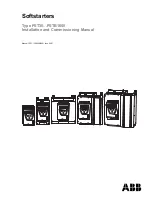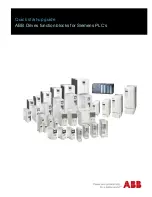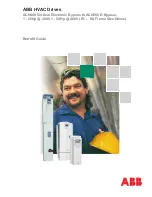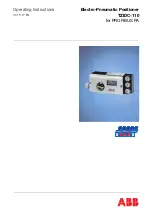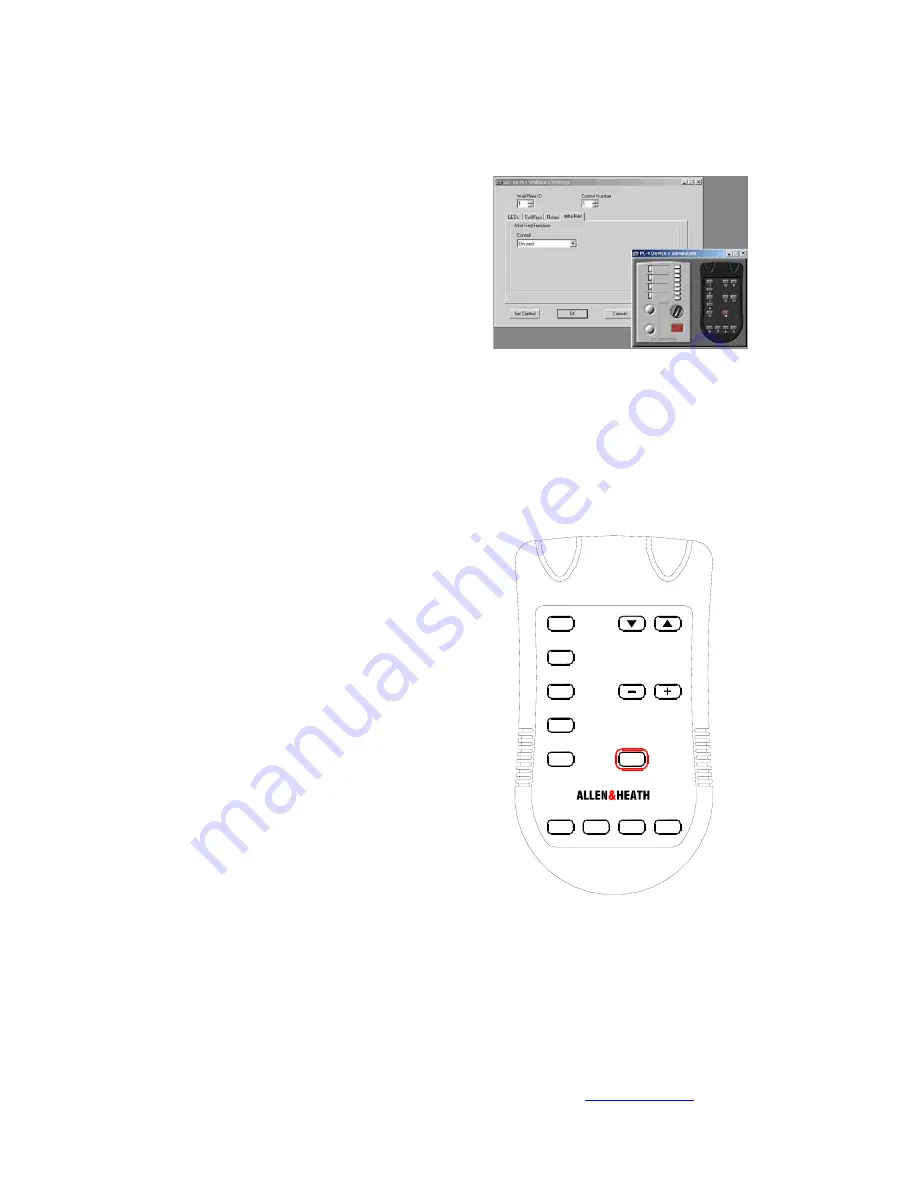
2
PL-5
User Guide AP5196
How it works
Pressing a
PL-5
button transmits
a code to the
PL-4
wall plate. Each button transmits a
unique code according to which of the 14 buttons is
pressed. All
PL-5
controllers generate the same set of
codes. These are chosen to limit interaction with other
equipment in the room. The IR (infra-red) sensor in the
PL-4
wall plate detects the signal and sends the code
to the iDR main unit. The iDR responds according to
the function programmed by the user for that button
detected by that particular wall plate.
The function associated with each button press is
programmed independently for each
PL-4
wall plate.
This means that the same
PL-5
controller can be used
to trigger different functions in different rooms, or that
several operators can each have their own controller to
operate the functions in any room.
The
PL-5
controller transmits a directional beam of
infra-red light. This is detected by a sensor in the
PL-4
wall plate when the controller is pointed at it and a
button pressed. Typical maximum operating distance
is around 10 metres (33’) in a normally lit room. This is
reduced if the
PL-4
is subject to sunlight.
How it is used
The
PL-5
hand held controller
uses the
PL-4
wall plate as a gateway to communicate
with the iDR main unit. One or more rooms in an iDR
installation may have a
PL-4
installed. Each can be
independently programmed to respond to the
controller button presses in the required way.
For example, Room 1 may use iDR output 1 as its local
audio feed, and Room 2 may use iDR output 2. The
PL-4
in Room 1 may be programmed so that pressing
U
or
V
on the controller increases or decreases the
level of output 1. The
PL-4
in Room 2 may be
programmed so that the same controller buttons
increase or decrease the level of output 2 rather than
output 1. This provides local volume control using the
same controller in different rooms.
Similarly, buttons 1 to 5 may be programmed using
patch recall to select different sources. Each
PL-4
may
be programmed to work with different sources
according to the room. The operator simply uses the
controller buttons 1 to 5 to select the source
appropriate for each room that he/she is in.
It is not usual to install more than one
PL-4
wall plate
per room. However, it may be useful to have two in a
large room, providing the convenience of control at
either end. In this case we advise that the programmed
infra-red controller functions are the same or related.
This avoids problems with both wall plates picking up
the IR at the same time due to reflections in the room.
The buttons are marked
U
and
V
, + and -, 1 to 5,
one with red border, and a further four unmarked.
These should satisfy most typical requirements. For
example, you could use
U
and
V
for volume
up/down, + and – to scroll through different sources, +
and – to adjust the tone (equalisation) through patch
changes, 1 to 5 or the unmarked keys for source select
or system patch changes, and the red key for local
audio mute or standby.
The PL-4 wall plate
In addition to the IR
sensor, this includes wall plate mounted switches,
LEDs and a rotary control which can be separately
programmed. For example, the LEDs could be used as
status indicators for functions selected using the
PL-5
controller.
Programming the button functions
The function is programmed using the iDR System
Manager software. For further details refer to the Help
file that comes with the software. Program the function
for each
PL-4
wall plate in the system. Use the PL-4
Wallplate Settings, Infra-red window. A simulation
window is also provided for testing the system.
Select the contol number for the button you want to
program. The buttons are numbered 1 to 14 as shown
below. Available functions for each button are:
Level up/down (I/P, O/P, X/P)
Group level up/down (I/P, O/P)
Mute toggle (I/P, O/P)
Polarity toggle (I/P, O/P)
Monitor select (I/P, O/P)
Patch recall
5
4
3
2
1
PL-5
5
4
3
2
1
6
7
8
9
12
13
10
11
14
Labelling the buttons
If required, the
installer can adhere a custom label to the controller
surface. We advise that this is made using a strong,
waterproof and dirt resistant material. The drawing
above is 1:1 and may be used as a template. For
reference the top to bottom dimension of the keypad
area is 60mm.
Technical support
For further information refer
to the iDR System Manager software Help file, the Allen
& Heath web site
www.allen-heath.com
, or contact
technical support .



